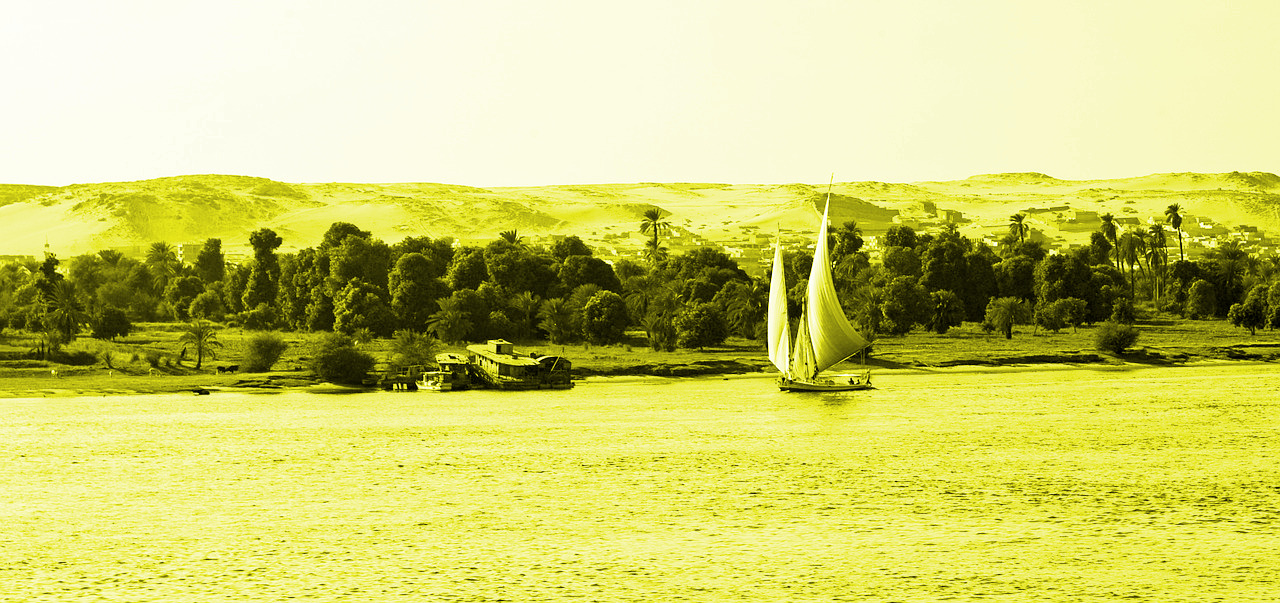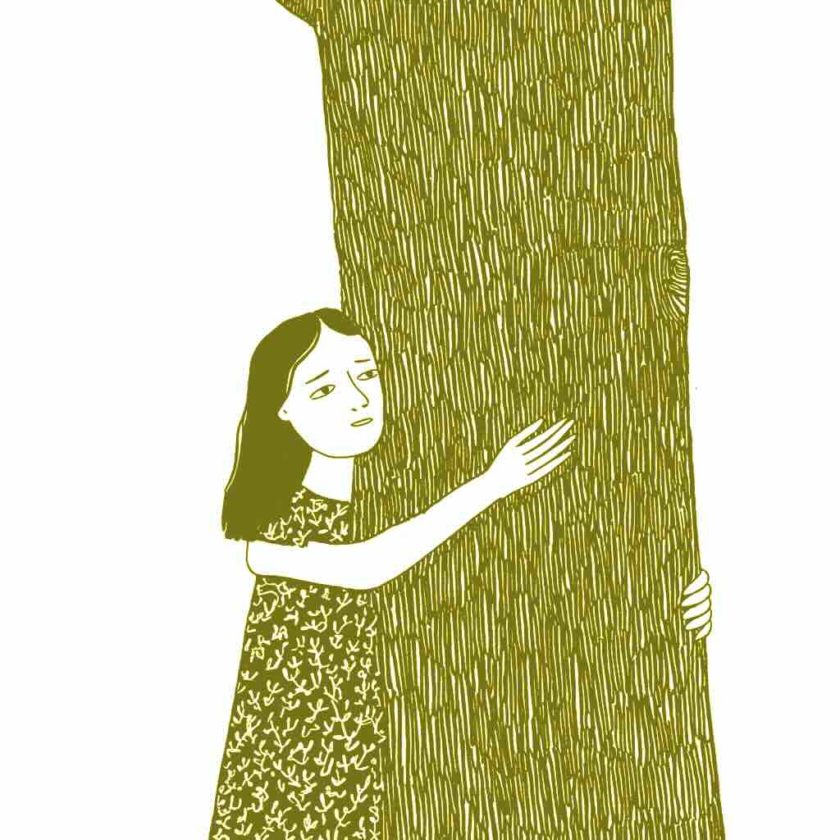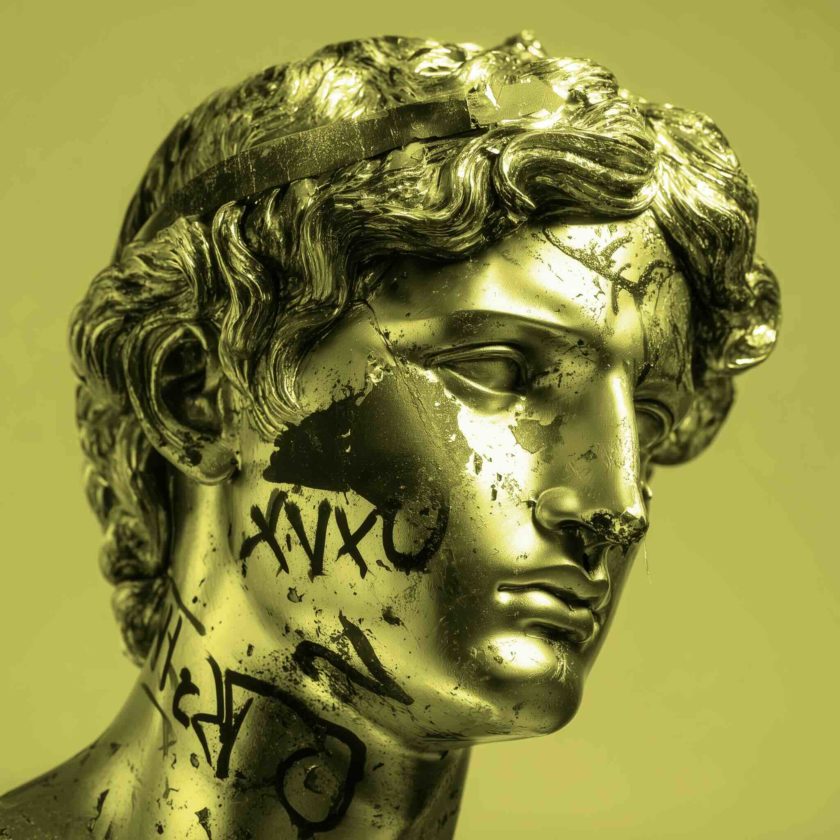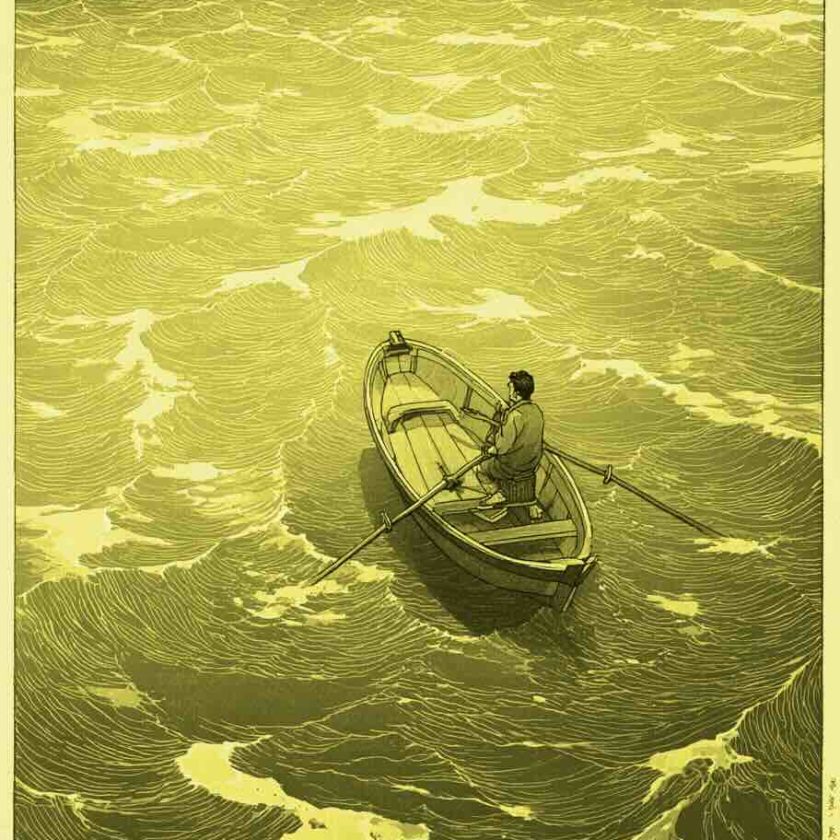The luxuriant gardens of ancient Alexandria, decorated with flowers and an unequalled botanical wealth, are like a mirage in the rear-view mirror of time. The social relations of yesteryear are not enviable: freedom was not the prerogative of all, it is a constant of the ancient world. What would we do if we were projected 4000 years back in time, far from the hectic and fast life of today. We would have very little chance of living long, at most forty years. Most people end up on a carpet of dust on which eternal monuments stand. The cracks in the mud houses of the people of the slums contrast with the gilding of the palaces. We would like to go into hibernation to wake up in a more clement time, but we have to resign ourselves to live a life of labor that posterity will not remember. The meaning of existence at that time was to survive as long as possible. The splendor of the religious buildings gives us a taste of the afterlife. One may have an empty stomach, but one still dreams of a dazzling afterlife. Dying of infection or hunger does not change the time spent in the torments of a servile existence. The parks of the metropolis can be green, disillusionment does not exist because the weight of a classist society has never made us believe in happiness here below. Happiness is for later. It is thanks to this fable that they succeeded in wresting my docility, as long as they filled my belly a little, otherwise starvation would have made me untamable.
The social hierarchy is simple, those who have fat are at the top of the pyramid, starting with the priests. The life of a slave is short, but any act of insubordination is severely punished, and one responds to the whip like an infant to a rattle. One would have to be insane today to accept such a life, but Egypt being an island surrounded by water and sand, there is little opportunity to run away or to compare one’s life with that of others.
Any runaway would end up thirsty at best or captured by desert pirates or opportunistic caravaneers. As fireflies do not shine in deserts, one prefers the certainty of a slavish death to the uncertainty of a hypothetical better life. Crawling in a mixture of sand and sweat is as common as the absence of meat in our meals. The laundry, we do not know the benefits, we work under a blazing sun half naked. The daily fatigue draws wrinkles on our face like pencils on a crumpled cloth. The advice of the foremen is carried out to the letter. We don’t want to be agitators. Our lungs are exposed to sand and dust. The laryngitis we suffer from condemns us to a heavy silence. Life is a casino, and obviously this time we will have to wait before being among the lucky winners. The stain that covers us makes us want to purify ourselves once the work is over. The simplicity that characterizes us is explained by the galactic opulence of the elite that must be maintained. Thousands of buckets of excavated sand will never buy a day of pharaohs. The royal pharmacy that dispenses miraculous remedies has no equivalent here, at most an improvised witch healer. The hut that serves as our dormitory turns into a jungle at night when we need to find a place to sleep. The maintenance of relations with our fellow human beings is complicated, we live like Nile reptiles piled up on each other.






